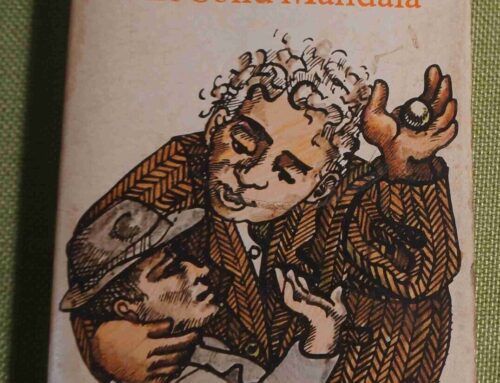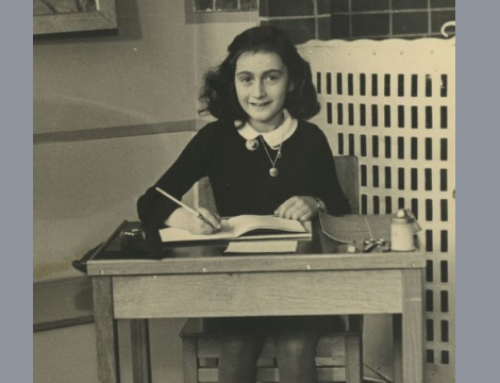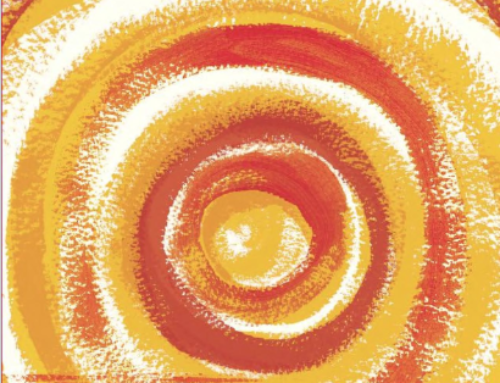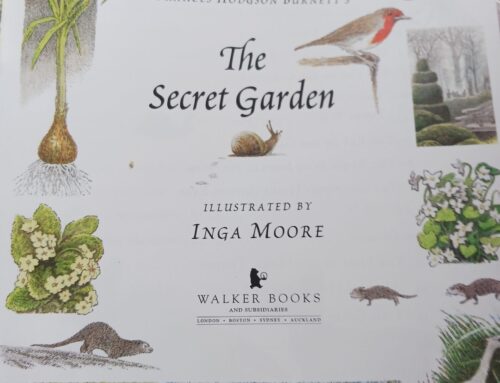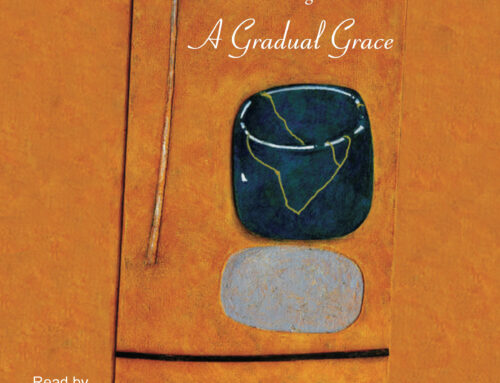Every now and then a memoir (or a novel) lands on my desk that shakes me out of my familiar mental world, and makes me realise how safe and comfortable my thinking is much of the time. I don’t often think about this, except when something happens, or I read a book that shakes the kaleidoscope and shows me patterns which are strange, bizarre, disturbing, moving, painful, and make me question why my life is as it is, and why I am not mad, dead or severely damaged. There, but for the grace of god, go I. I often used to think this when I was a mental health nurse. Why was it that the patients I was looking after were on that side of the line and I was not? Why was I able to keep functioning, given what I had been through, and they were not? I still don’t know the answer to this.
Kate Richards has written a wonderful memoir called, simply: Madness: a Memoir. It is compiled from notes she kept during periods of illness, as well as memories of more connected periods, and reflections on the nature of mental illness and how it is treated, well or badly, in the medical and allied health world.
The book opens with a shattering account of her attempt to cut off her right arm, in a period of acute psychosis. The partial attempt at amputation brings a brief respite: “The other people who live in my head — the ones who bicker and sneer and cajole and scream — they are at last still. Atonement, I think, appeasement. A little death.”
The memoir covers the next ten years, with retrospective memories of her troubled years since the age of 16. She lurches between acute episodes, overdosing with major tranquillisers, benzodiazepines and alcohol, living on coffee and chocolate, and amazingly, through it all, holding down jobs in medical research apart from periods of hospitalisation and recovery. As a qualified doctor, she has more understanding than most of us do of drugs and how they work. but this does not help her to comply with treatment, or to refrain from overdosing or self-harming when mania or psychotic depression take hold. Eventually, however, through her relationship with a skilled and empathic counsellor, she comes to accept that she has a lifetime mental illness, and that if she is to manage it effectively, she needs to keep to a stable regime of medication and management of her life style. At the time of writing the book, she has been well for four years, but is not “cured”. She writes “for everyone living within this world [of madness], for everyone touched by this world, and for everyone seeking to further his or her understanding of it…’.
What she gives us, in addition to understanding, is a lyrical, moving, sometimes funny, sometimes disturbing, picture of the life of a woman with an artist’s acute sensitivity to nature, to music, to literature, and a way with words that makes the story sing and, in the dark passages, cut to the bone.
I’ll end with a quote from a happy time, when she is well, and able to savour the joys of life without losing touch of reality, and expresses her love of connection with nature, music and with other souls:
Every time I go to a live gig and the background music finally sighs out and the lights dim there’s that moment of blackness and silence in which I forget to breathe until the first guitar note of the first song when my heart rushes right out of my chest and gives itself, all of its beating red self, to the musicians and their music. And tonight, an ordinary Friday night, I’m sitting here on the couch that the cats use as a scratching post, alone with the precious things of the night. Music in the night. Bach’s Suite for Solo Cello no. 2 in D minor. One soul (the composer’s) communing with another (the listener’s) — alighting together at the same place and point in the universe, an exact moment, thrilling and pure: some might call it divine.
Would that I had such acute sensitivity, and could express it so eloquently.
Kate has her own blog, which repays a visit.
